You Choose Your Child’s Religion
KJ Dell’Antonia of the New York Times Motherlode blog has a new post out: “Children, Choosing Their Religion.” Here are a few salient quotes:
There’s nothing wrong with raising children outside of a religious tradition, and that upbringing doesn’t preclude them from being part of a community or later finding a community of their own… There’s no one religious community that everyone in our family will feel welcome in, and we have faith that our children will find their own way to the community they need, religious or not.
One unsought result of a family identity based in part on shared religion is that throughout history, families have struggled to accept the children who don’t remain within the religious fold…
My children may find their own ways to organized religion, or stick with the pleasant acceptance of its absence that their father and I enjoy. As long as they’re not picketing military funerals, I’ll be fine with whatever they chose. I don’t see our family life as “losing” religion. I see it as gaining an entirely different… trait: that of including whoever they turn out to be in our definition of family.
There are a few points worth noticing in her argument:
- Religion, as described by Dell’Antonia, is not a meaning-making language necessary for a full life, not a set of practices for the growth of the soul, not an irreplaceable force for good in the world. Religion is roughly equivalent to “community.”
- Because Dell’Antonia understands religion as community, it is optional. People can find their way into any community they choose. There is no significant difference between a religious community and any other community.
The fact that these are her assumptions means that she is just one more example of a seriously deficient system of religious education. She appears to have received some religious education, but not enough, and most likely as a child or teenager. <Sigh>
Dell’Antonia also postulates that families who practice religion have trouble accepting children who, as adults, do not keep the faith of their childhood. When I read between the lines, I wonder whether this statement is born of difficult personal experience: did her parents, or her husband’s, raise issues because they married each other across religious and cultural lines? Perhaps because they (rightly) suspected their grandchildren would not be raised in their religion?
I was raised more or less the same way Dell’Antonia is raising her children: with no exposure to religious experience. I am grateful that my mother has supported my ever-deeper involvement in religious life in my adulthood. (My father died when I was still an atheist.)
I discarded the secularism of my childhood for any number of reasons. Here are a few:
- Contrary to Dell’Antonia’s assumptions, “Religion” and “community” are not synonyms. Religion is a way of making meaning of life. Religions endure because they successfully enable generation after generation to celebrate the beauty and wrestle with the agony of human existence. Nothing else – not shopping, not good friends, not even great dinner parties – substitutes.
- Religious communities are not an end in themselves. Their purpose is to practice the religion they profess. By the practice of their faith, they seek a depth of soul and connection to the Divine that is impossible to achieve any other way. Religious communities exist to connect human beings with God, the Eternal. (Religious communities forget this at their peril, but that’s another post.)
- Religion provides a connection not only with God but also with the hundreds of human generations who have told the stories, sung the songs, and practiced the rituals over millennia of human existence. A community which transcends time and space and exists for the purpose of intentional spiritual practice is unlike any other.
- Religion provides a countercultural force to the militarist greed which is the curse of 21st century America. Religion teaches that you are not defined by your fame, power or fortune, but by your faith: what is your relationship with your Creator?
I am raising my children in a religion because I believe that I would deprive them of something as necessary as food or water if I did not: I would deprive them of a language for life. English works, but it only goes so far. The stories and rituals of Christianity are the truest language I know to describe the purpose and meaning of human existence. There is no doubt in my mind that I would be a smaller and worse person if I had never become a Christian.
I can be (and hope I am) a practicing Christian without condemning or cutting myself off from those who practice other faiths or none. The idea that raising my children in one religion precludes my ability to accept them in adulthood if they choose another is fallacious.
Dell’Antonia believes she is raising her children “outside religion” and that they may choose their own religion later. She does not seem to recognize that she has chosen a religion for them. It is the religion of secularism. I was raised in this religion also. Only in hindsight do I see its tenets:
- Organized religion is unnecessary.
- God doesn’t really matter.
- To be a success in life means that you get a good education and a good job. If you want to get married and have a family, that’s ok too.
- Also, be honest and kind.
- We celebrate holidays because… we celebrate holidays.
Over that, I’ll take organized religion any day.
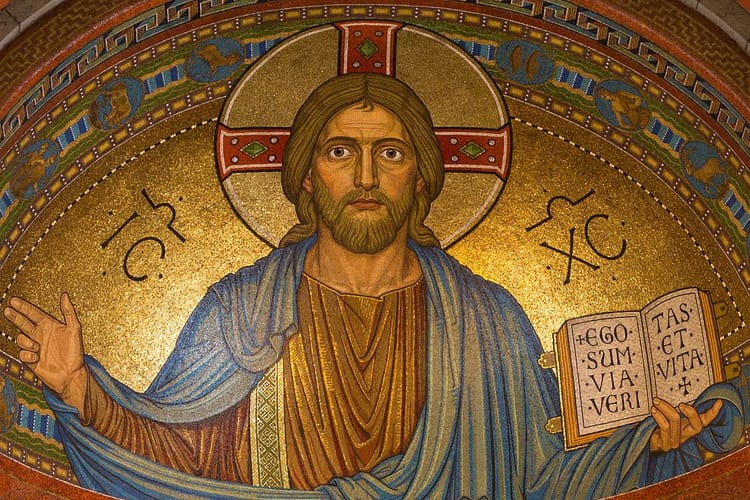
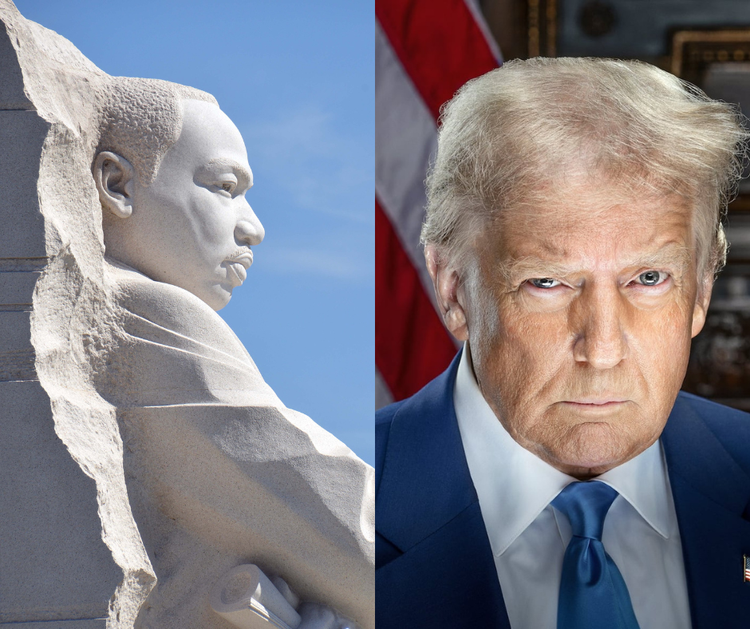
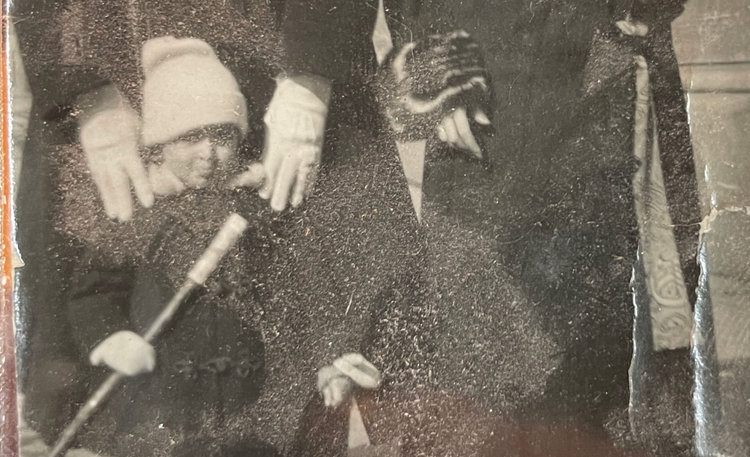
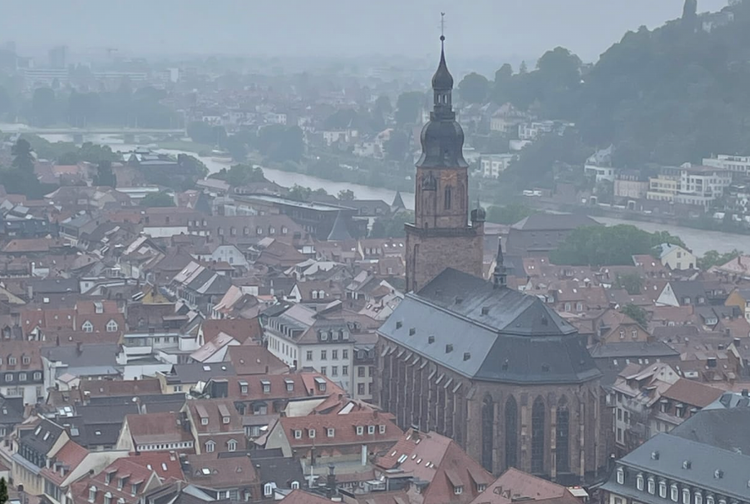
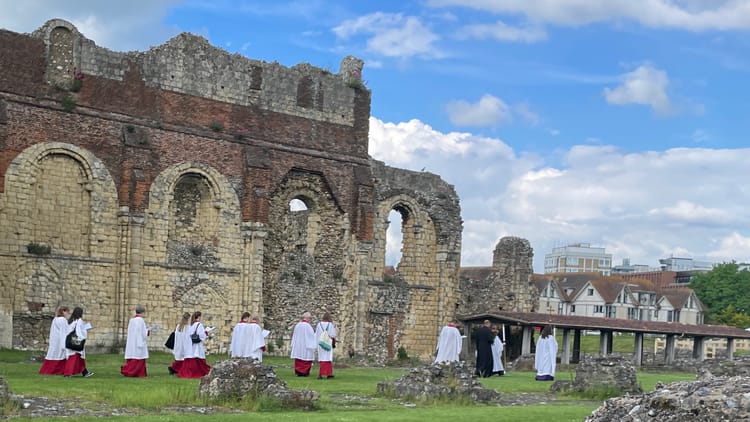
Member discussion